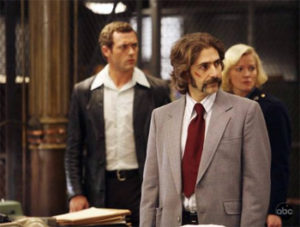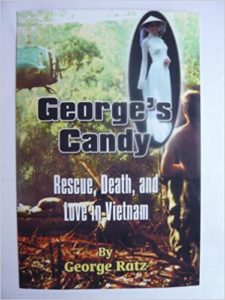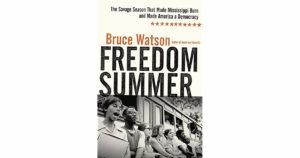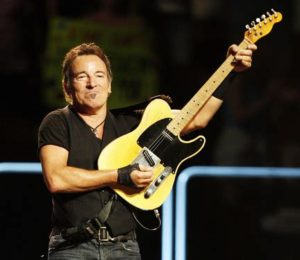I guess I’ll file this one under reviews. This column is about a couple of songs that share the philosophy of I Remember JFK, which is, of course, Boomer nostalgia ROCKS!
I know of two songs that fill the bill perfectly. There are probably more, I’m depending on you, the readers, to help me out here.
One of these songs, Old Days, was released in 1975. I was sixteen. However, I was already waxing nostalgic for the 60’s. The song is definitely aimed at the elder members of the Boomer generation. But it’s still a fun nostalgic trip for anyone who can remember JFK.
Kids of the Baby Boom was released in 1987 by the Bellamy Brothers. Calvin Klein on the underpants was a red hot item in that particular year. Many of us were new parents. My own daughter was a year old, and my son was “under development.” And nothing changes your perspective on life like the experience of being a new father or mother. I wasn’t too big a country fan at the time, but I went nuts for this song anyway. It really connected with me.
What follows are the lyrics to these songs.
The Bellamy Brothers – Kids of the Baby Boom (1987)
Our daddys won the war and came home to our moms
They gave them so much love that all us kids were born
We all grew up on Mickey Mouse and hula-hoops
Then we all bought BMW’s and brand new pickup trucks
And we watched John Kennedy die one afternoon
Kids of the baby boom
It was a time of new prosperity in the USA
All the fortunate offsprings never had to pay
We had sympathy for the devil and the Rolling Stones
Then we got a little older, we found Haggard and Jones
A generation screaming for more room
Kids of the baby boom
Chorus:
Kids of the baby boom, we had freedom, we had money
Baby boom, here in the land of milk and honey
Counting our chickens way too soon
Kids of the baby boom
Now we all can run computers and we all can dance
We all have Calvin Klein written on our underpants
And at six-o’clock, like robots, we turn on the news
Watch those third world countries deal out more abuse
Remember the first man on the moon
Kids of the baby boom
(repeat chorus)
As our lives become a capsule they send to the stars
And our children look at us like we came from Mars
As the farms disappear and the sky turns black
We’re a nation full of takers, never giving back
We never stop to think what we consume
Kids of the baby boom
(repeat chorus)
Our optimism mingles with the doom
Kids of the baby boom
Chicago – Old Days (1975)
Old days
Good times I remember
Fun days
Filled with simple pleasures
Drive-in movies
Comic books and blue jeans
Howdy Doody
Baseball cards and birthdays
Take me back
To a world gone away
Memories
Seem like yesterday
Old days
Good times I remember
Gold days
Days Ill always treasure
Funny faces
Full of love and laughter
Funny places
Summer nights and streetcars
Take me back
To a world gone away
Boyhood memories
Seem like yesterday
Old days – in my mind and in my heart to stay
Old days – darkened dreams of good times gone away
Old days – days of love and feeling fancy free
Old days – days of magic still so close to me
Old days – in my mind and in my heart to stay
Old days – darkened dreams of good times gone away
Old days – days of love and feeling fancy free
Old days – days of magic still so close to me



